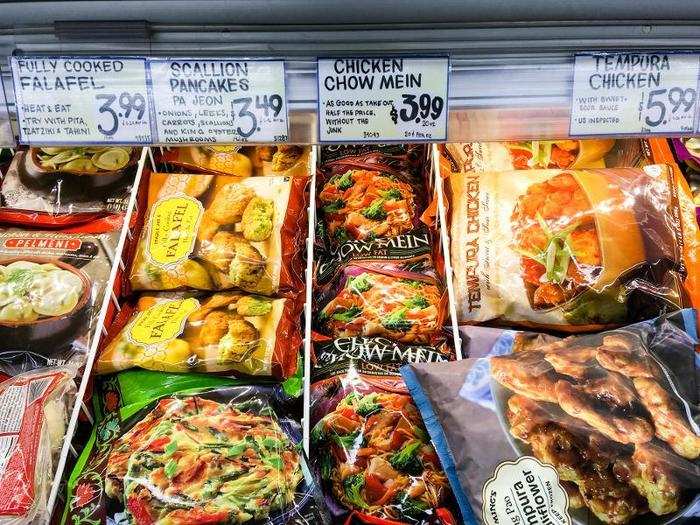- Home
- slideshows
- miscellaneous
- Costco, Target, and Trader Joe's all use this secret weapon for keeping prices so low. Here's how they do it.
Costco, Target, and Trader Joe's all use this secret weapon for keeping prices so low. Here's how they do it.
Costco is home to one of the most well-known private-label products: Kirkland Signature.

The brand was created by Costco in 1995, and according to The Wall Street Journal, about a quarter of the brand's $118.7 billion in annual sales comes from Kirkland Signature products.

Source: The Wall Street Journal
Kirkland Signature products can be found all over Costco. The Journal reported that Costco tries to make its products slightly different from the branded versions, and it often gives brand-name suppliers the chance to make the Kirkland version, too.

Source: The Wall Street Journal
Name brands and Kirkland products often are able to coexist in stores, though the Kirkland products are generally less expensive. For example, Kirkland sells a snack very similar to Kind bars for about 30% less, but the items are both still on shelves.

Source: The Wall Street Journal
Private-label products are almost always less expensive than name brands because the retailer is buying goods directly from the supplier, cutting out the middlemen that can drive up costs in the supply chain.
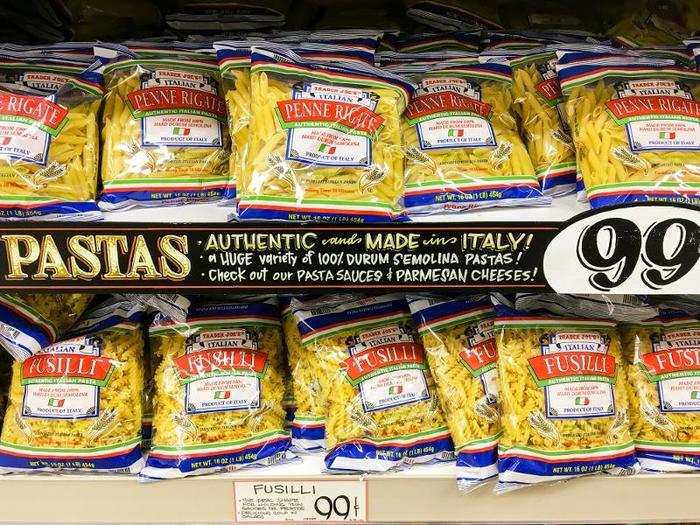
Source: Business Insider
At Trader Joe's, nearly 80% of the products sold in stores are from the store's private label.
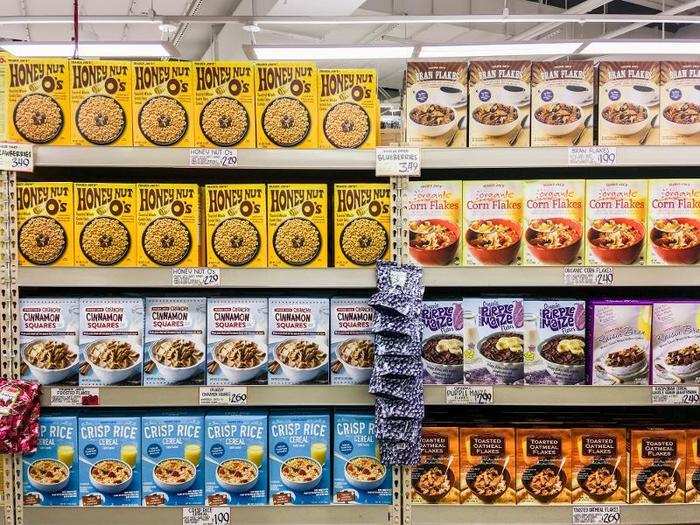
Source: Business Insider
To be more competitive with online retailers like Amazon, Target has been rapidly growing the number of privately owned brands it carries.
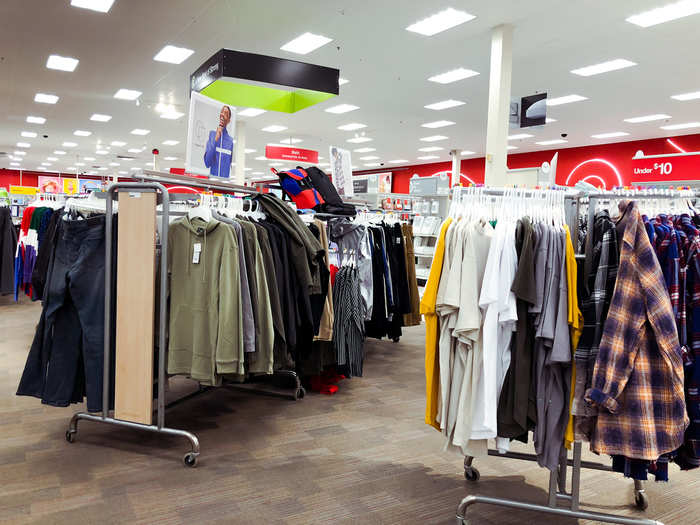
In fact, it has added more than 20 private-label brands to its roster over the past few years. Some of the brands include electronics from Heyday and women's apparel from Wild Fable and Prologue.
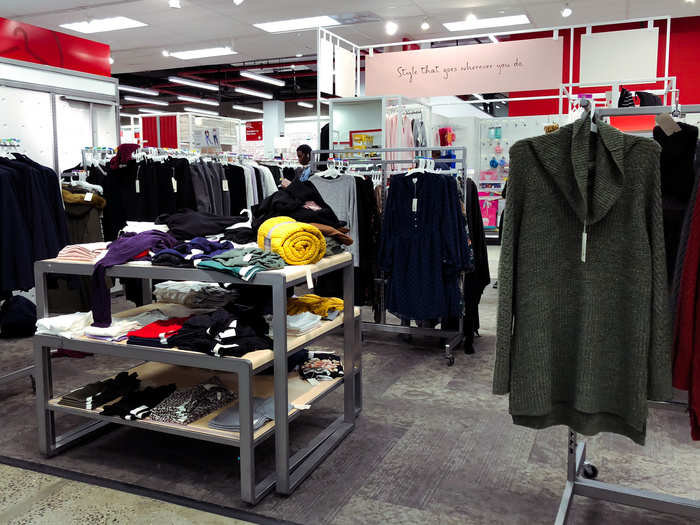
Source: Business Insider
Its most recent addition is the brand Smartly, a basics brand that competes with dollar stores and sells for about 70% less than traditional brands, according to The Wall Street Journal.

Source: The Wall Street Journal
Target and other retailers often try to appeal to millennials and Gen Z shoppers with private labels because younger shoppers are generally less loyal to well-known brands.
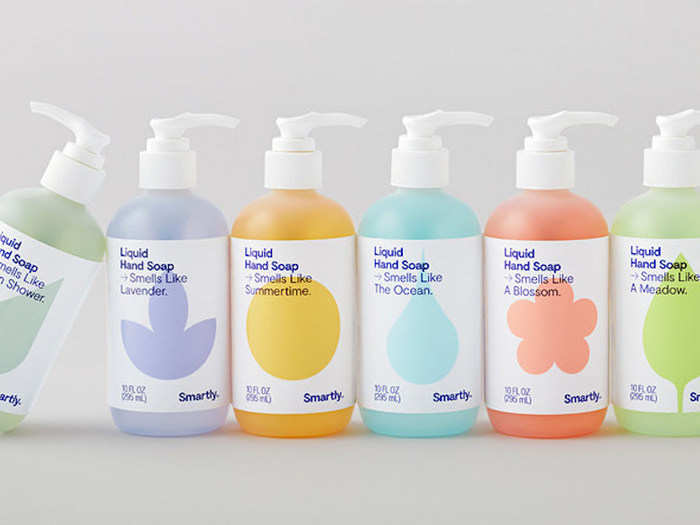
Source: The Wall Street Journal
Instead, younger shoppers focus more on cost and whether a product is healthy and good for the environment, David Garfield, head of the consumer products practice at consulting firm AlixPartners, told The Wall Street Journal in October.

Source: The Wall Street Journal
By using private-label products, brands are able to cut out middlemen in the supply chain and cut costs. The savings can be passed along to shoppers, keeping costs low.

Sometimes the private-label products are repackaged name-brand products, and other times they're made individually for the store, like at Costco.

The low-cost, private-label products help win over younger shoppers, and ultimately, help stores keep costs low.

Popular Right Now
Popular Keywords
Advertisement
